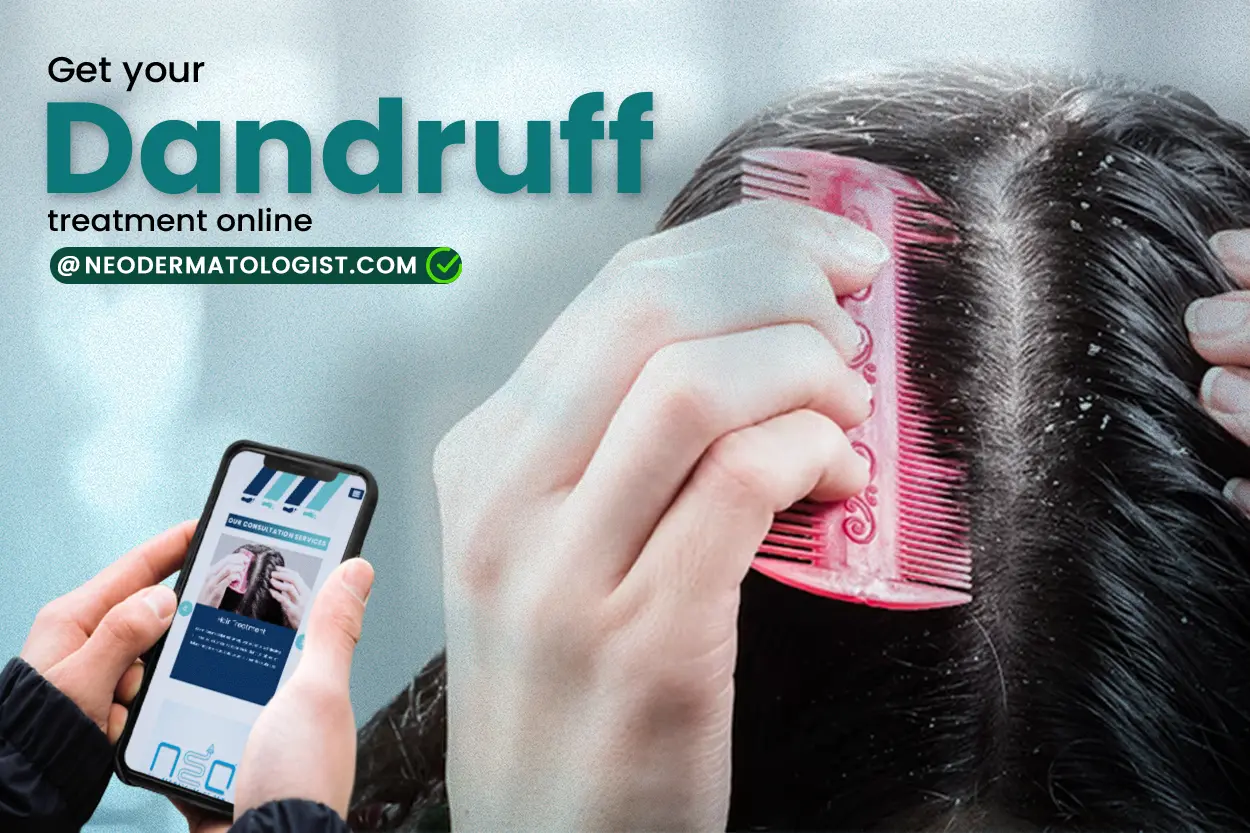
बाल झड़ने के उपचार का महत्व: आत्मविश्वास और स्वास्थ्य बहाल करना
Title: The Importance of Hair Fall Treatment: Restoring
Confidence and Health
Introduction:
Hair fall, a common concern among individuals worldwide, can
significantly impact one's confidence and overall well-being. While it's
natural to shed a certain amount of hair daily, excessive hair fall can be
distressing. Understanding the importance of hair fall treatment goes beyond
cosmetic concerns; it encompasses physical health, emotional stability, and
self-esteem. In this blog, we'll delve into why addressing hair fall is crucial
and how effective treatment can restore both hair health and confidence.
The Psychological Impact of Hair Fall:
Hair is often viewed as a symbol of beauty, vitality, and
youthfulness in many cultures. Therefore, experiencing hair fall can lead to a
range of negative emotions, including anxiety, depression, and low self-esteem.
Individuals may feel self-conscious about their appearance, leading to social
withdrawal and a decline in quality of life. The psychological impact of hair
fall underscores the significance of seeking treatment to address not just the
physical symptoms but also the emotional distress associated with it.
Understanding the Causes:
Before delving into treatment options, it's essential to
understand the underlying causes of hair fall. Several factors can contribute
to excessive shedding, including genetics, hormonal imbalances, nutritional
deficiencies, stress, medical conditions, and environmental factors.
Identifying the root cause is crucial in developing an effective treatment plan
tailored to individual needs.
The Importance of Timely Intervention:
Ignoring hair fall can exacerbate the problem over time.
What might start as a minor concern can escalate into significant hair loss if
left untreated. Timely intervention is key to preventing further damage and
promoting hair regrowth. Seeking professional advice at the earliest signs of
hair fall allows for early diagnosis and targeted treatment, increasing the
likelihood of successful outcomes.
Promoting Scalp and Hair Health:
Effective hair fall treatment focuses not only on stopping
excessive shedding but also on promoting scalp and hair health. This includes
adopting a holistic approach that addresses nutritional deficiencies, scalp
conditions, and lifestyle factors that may contribute to hair fall.
Incorporating a balanced diet rich in vitamins, minerals, and proteins,
practicing stress-management techniques, and using suitable hair care products
can all contribute to maintaining optimal scalp and hair health.
Treatment Options:
Hair fall treatment options vary depending on the underlying
cause and severity of the condition. Some common approaches include topical
treatments, oral medications, laser therapy, platelet-rich plasma (PRP)
therapy, and hair transplant surgery. Consulting with a dermatologist or
trichologist can help determine the most suitable treatment plan based on
individual needs and preferences.
Topical Treatments:
Topical treatments such as minoxidil are widely used to
promote hair growth and prevent further loss. Minoxidil works by increasing
blood flow to the scalp and prolonging the growth phase of hair follicles. It
is available over the counter in various strengths and formulations, making it
accessible to many individuals experiencing hair fall.
Oral Medications:
In some cases, oral medications may be prescribed to address
underlying hormonal imbalances or medical conditions contributing to hair fall.
Finasteride, for example, is commonly used to treat male pattern baldness by
inhibiting the conversion of testosterone to dihydrotestosterone (DHT), a
hormone implicated in hair loss.
Laser Therapy:
Low-level laser therapy (LLLT) is a non-invasive treatment
option that stimulates hair follicles, promotes circulation, and encourages
hair growth. It is often used as a standalone treatment or in conjunction with
other therapies to enhance results.
Platelet-Rich Plasma (PRP) Therapy:
PRP therapy involves injecting platelet-rich plasma derived
from the patient's blood into the scalp to stimulate hair follicles and promote
regrowth. This treatment has gained popularity for its potential to improve
hair density and thickness with minimal side effects.
Hair Transplant Surgery:
For individuals with advanced hair loss, hair transplant
surgery offers a permanent solution by transplanting hair follicles from donor
areas to thinning or balding areas of the scalp. Advances in technology and
techniques have made hair transplantation more effective and natural-looking
than ever before.
Conclusion:
Hair fall treatment is not just about aesthetics; it's about
restoring confidence, self-esteem, and overall well-being. By addressing the
underlying causes of hair fall and implementing appropriate treatment
strategies, individuals can reclaim control over their hair health and regain
confidence in their appearance. Whether through topical treatments, oral
medications, laser therapy, PRP therapy, or hair transplant surgery, there are
numerous options available to help individuals combat hair fall and achieve
thicker, healthier hair. Seeking professional guidance and maintaining
consistency in treatment are essential steps towards achieving long-term
success in managing hair fall. Remember, the journey to healthier hair begins
with taking proactive steps towards addressing the issue today.
 Hin
Hin En
En
















Post a comment